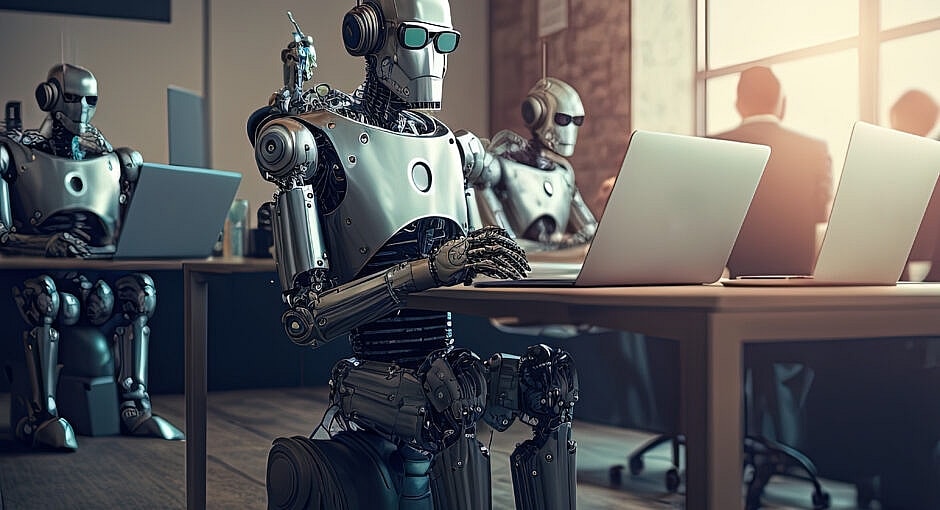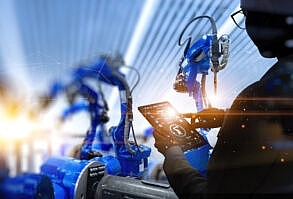Artificial intelligence (AI) is a hot topic of debate in light of its rapid development in recent years. As machines advance, it begs the question: will AI outsmart humans? In this discourse, we will scrutinize the possibilities and restrictions of AI and compare them to human intelligence.
AI vs. Human Intelligence
Human intelligence is a complex network of neural pathways that allow us to perceive and decipher information from our environment. On the other hand, AI relies on programmed algorithms and datasets to accomplish specific tasks.
AI processes massive amounts of data at a faster pace than humans, but it falls short in terms of reasoning, creativity, and intuitive decision-making. Human intelligence, in contrast, employs critical thinking, creativity, and intuition to solve problems that require more than mere data analysis.
Limitations of AI
AI’s capabilities are undeniably impressive, but it does have limitations that prevent it from outsmarting human intelligence. One of the primary limitations is its inability to comprehend the context of information. For instance, an AI system can recognize an object in a picture, but it cannot interpret the meaning behind the image.
Another limitation is its incapability to generalize information. AI performs specific tasks and cannot extend its knowledge to other domains. For instance, an AI system designed to play chess cannot apply its knowledge to other board games.
Lastly, AI lacks the ability to learn from experience. While it can adapt to new situations through programming, it cannot learn from experience like humans can. Humans learn from their mistakes and adjust their behavior accordingly, whereas AI must be explicitly programmed to adapt.
Advancements in AI
Despite its limitations, AI continues to make significant progress, particularly in natural language processing, computer vision, and robotics. These developments have allowed AI to perform tasks that were once deemed impossible.
For instance, AI-powered chatbots can now converse with humans in a natural and fluid manner. AI-driven vehicles can self-drive on roads, and AI-powered robots can perform complicated tasks in manufacturing and logistics.
However, even with these advancements, AI is still far from outsmarting human intelligence. While it can perform specific tasks with high accuracy, it lacks the ability to reason, create, and make intuitive decisions.
Conclusion
In conclusion, the question of whether AI will outsmart human intelligence remains unresolved. While AI has made significant strides in recent years, it still has several limitations that prevent it from surpassing human intelligence. Human intelligence requires critical thinking, creativity, and intuition, which are difficult to reproduce with current AI technology. Nevertheless, as AI continues to advance, we may someday witness machines outsmarting humans in certain domains.






